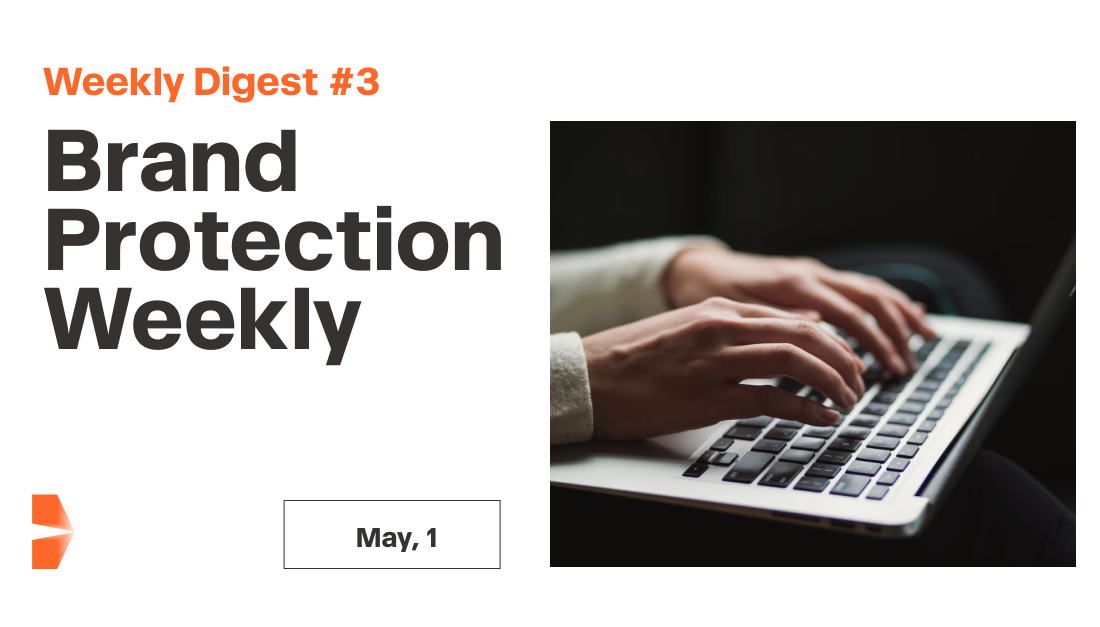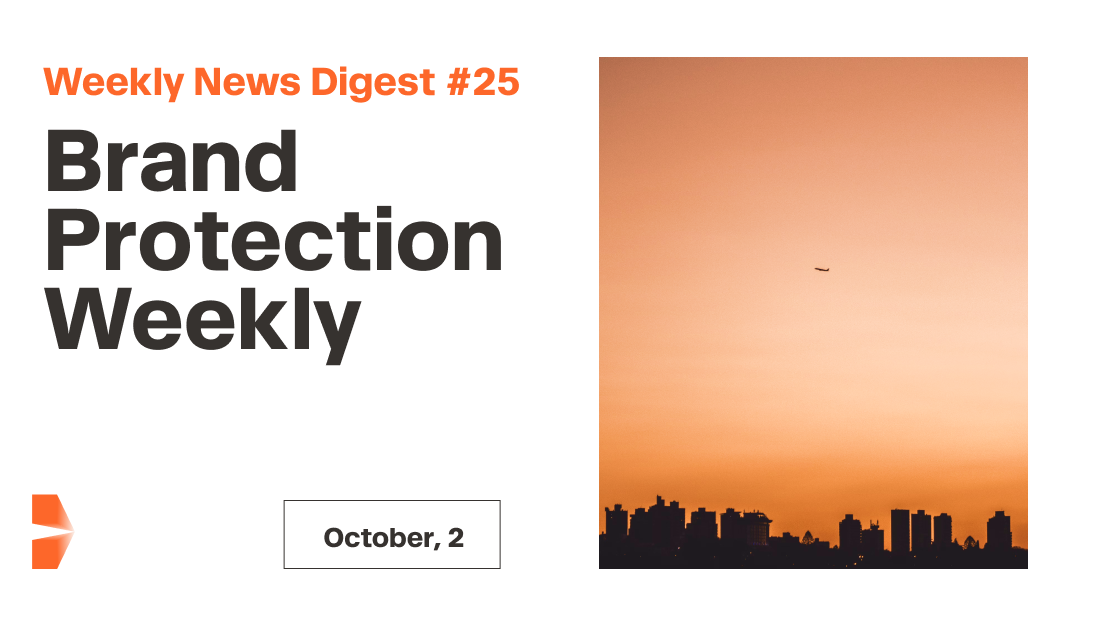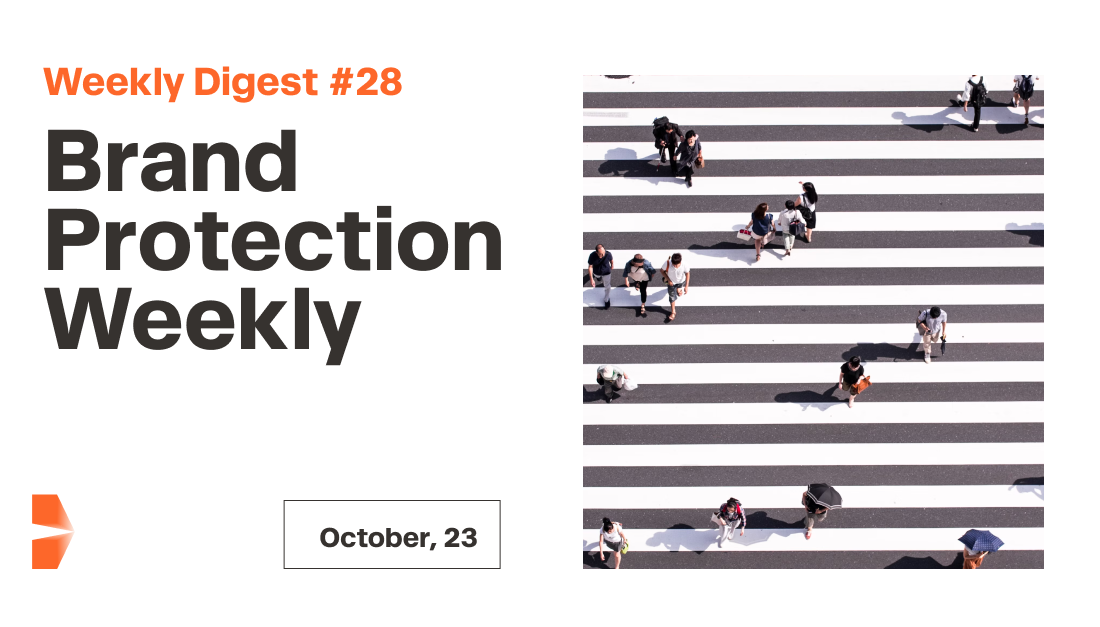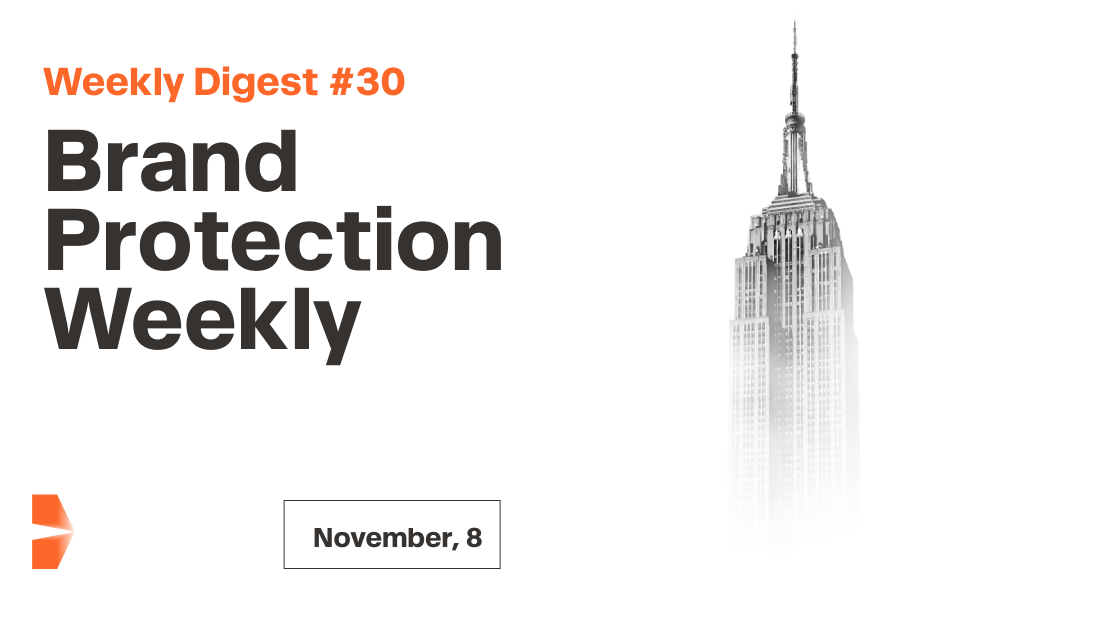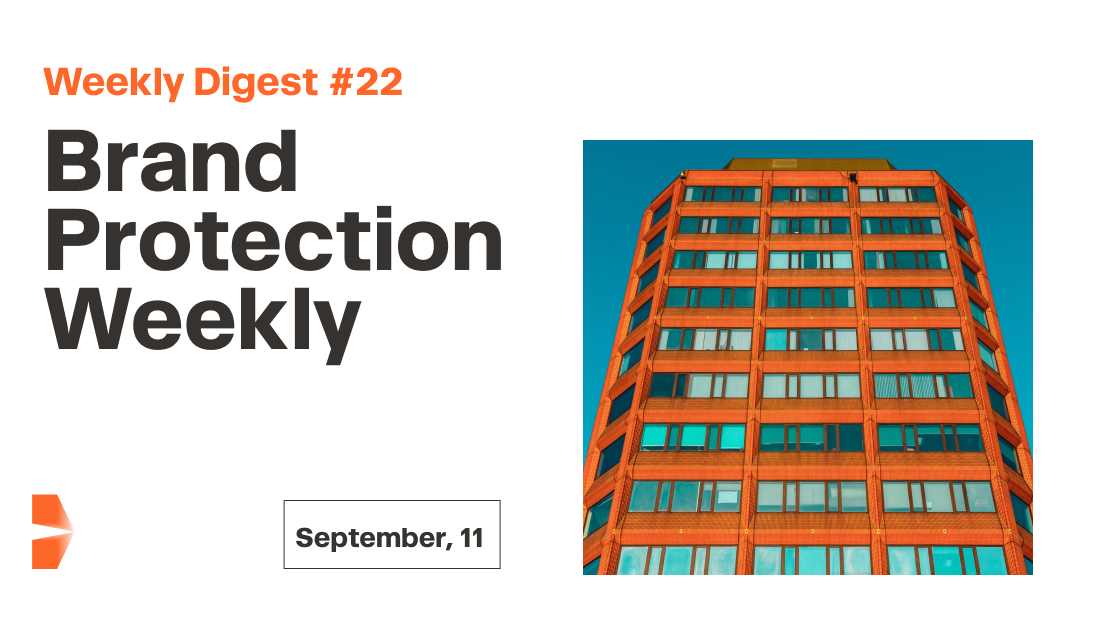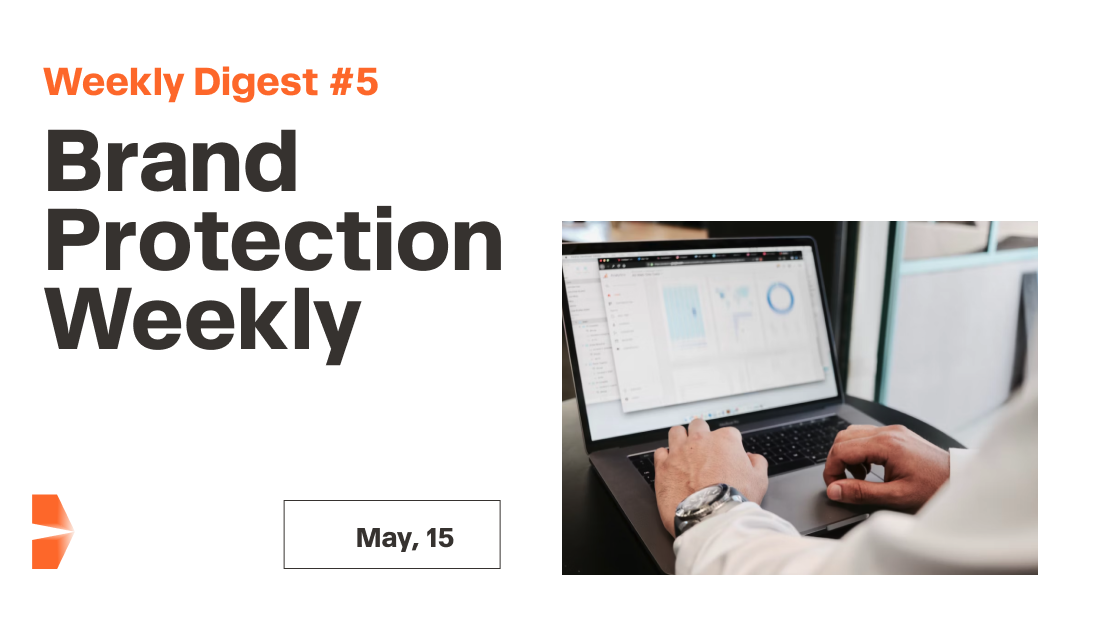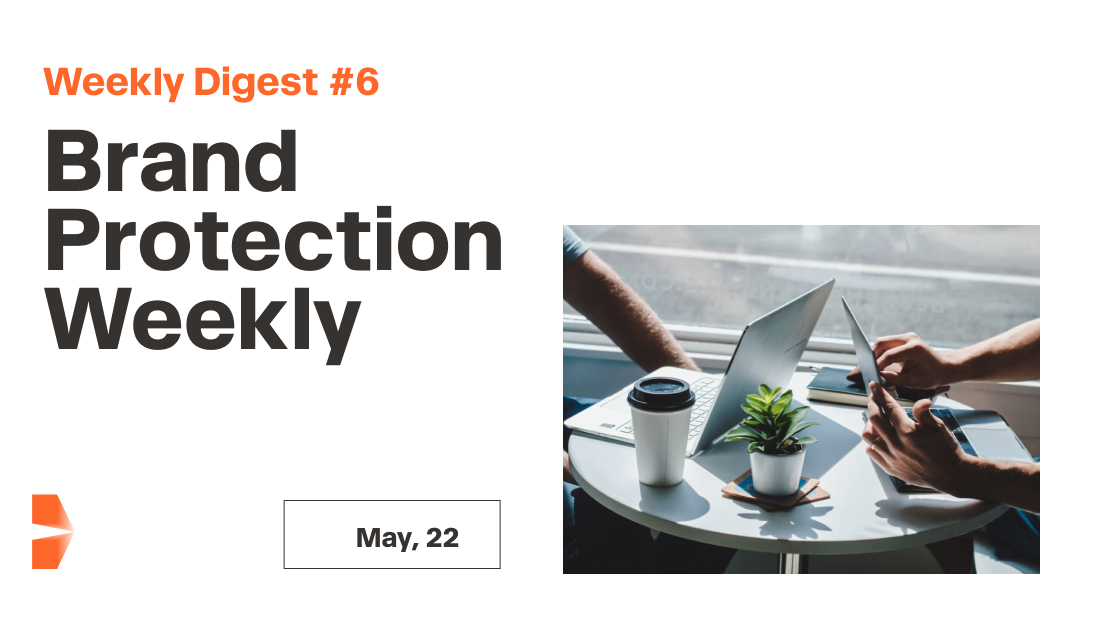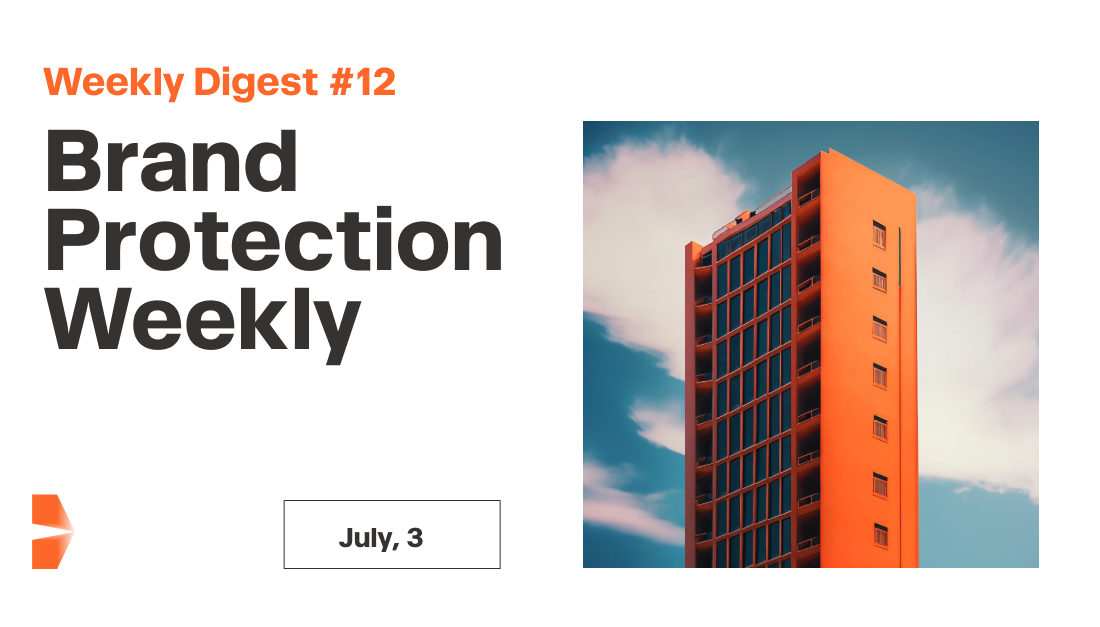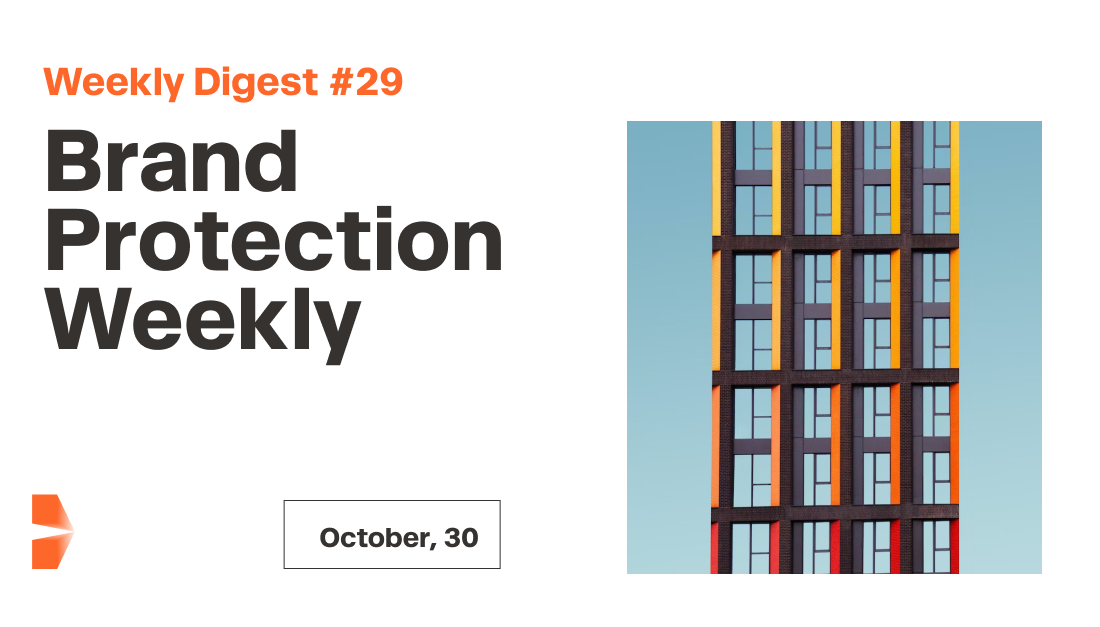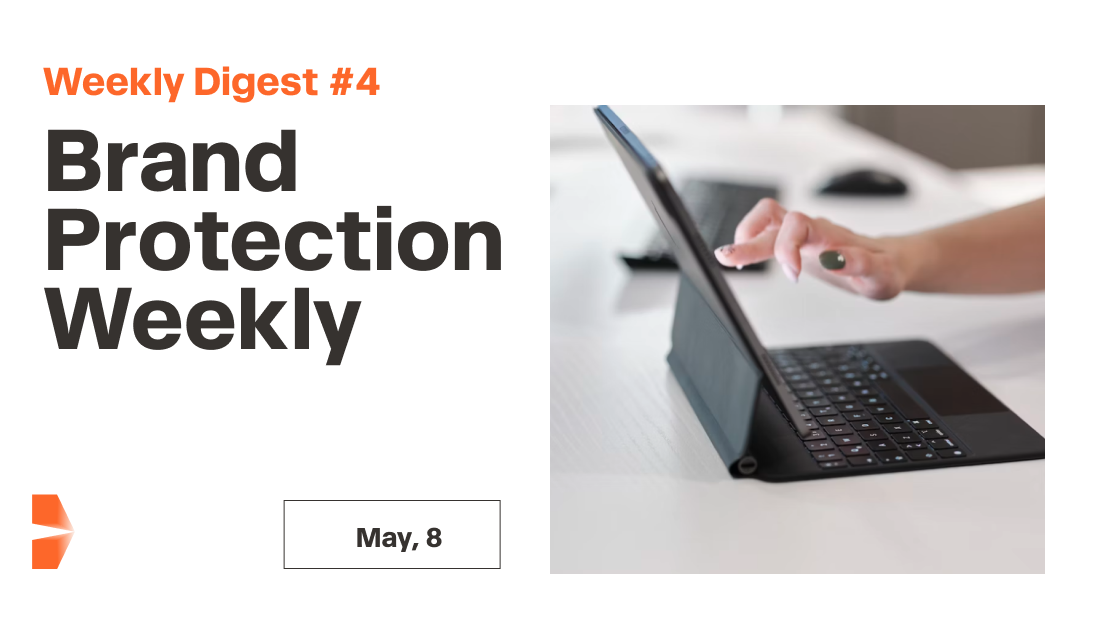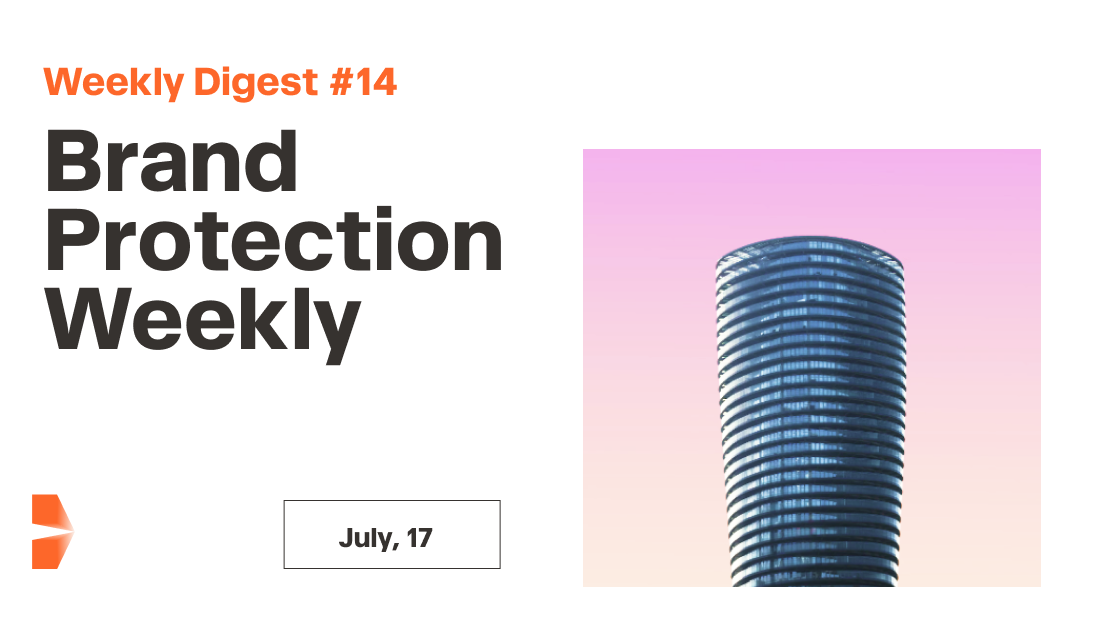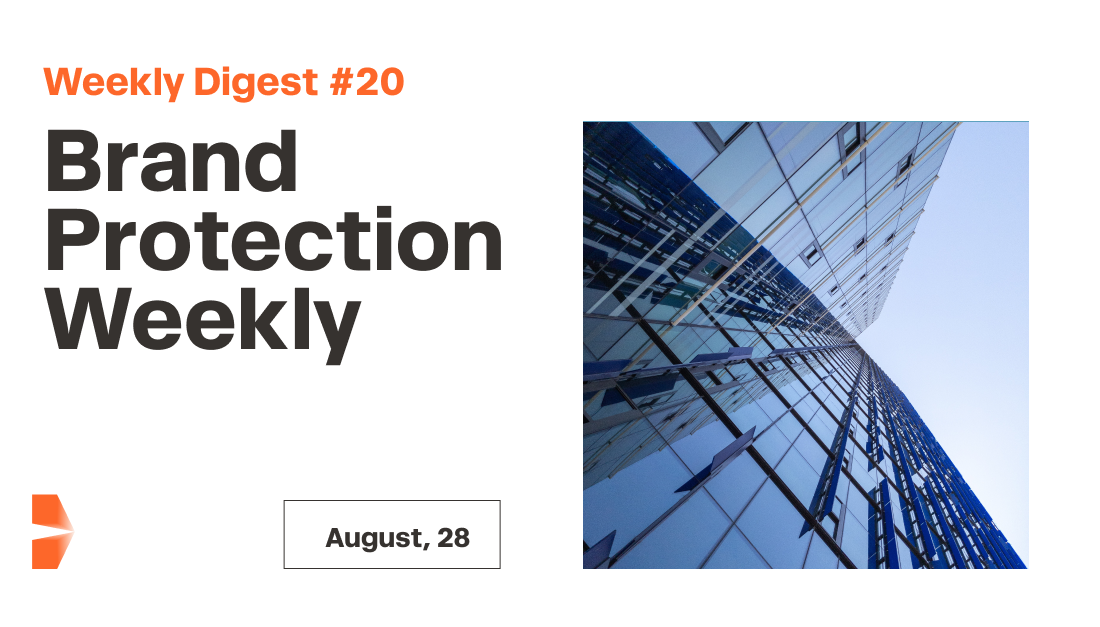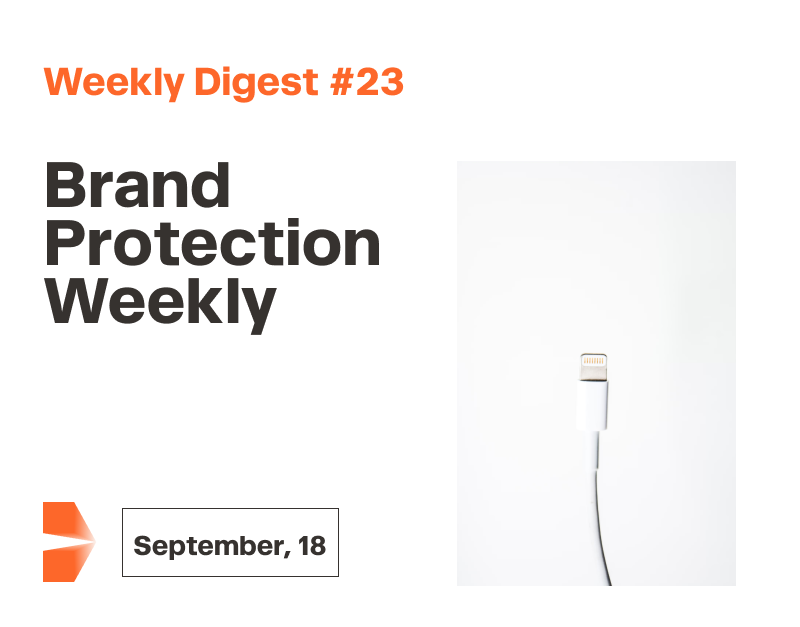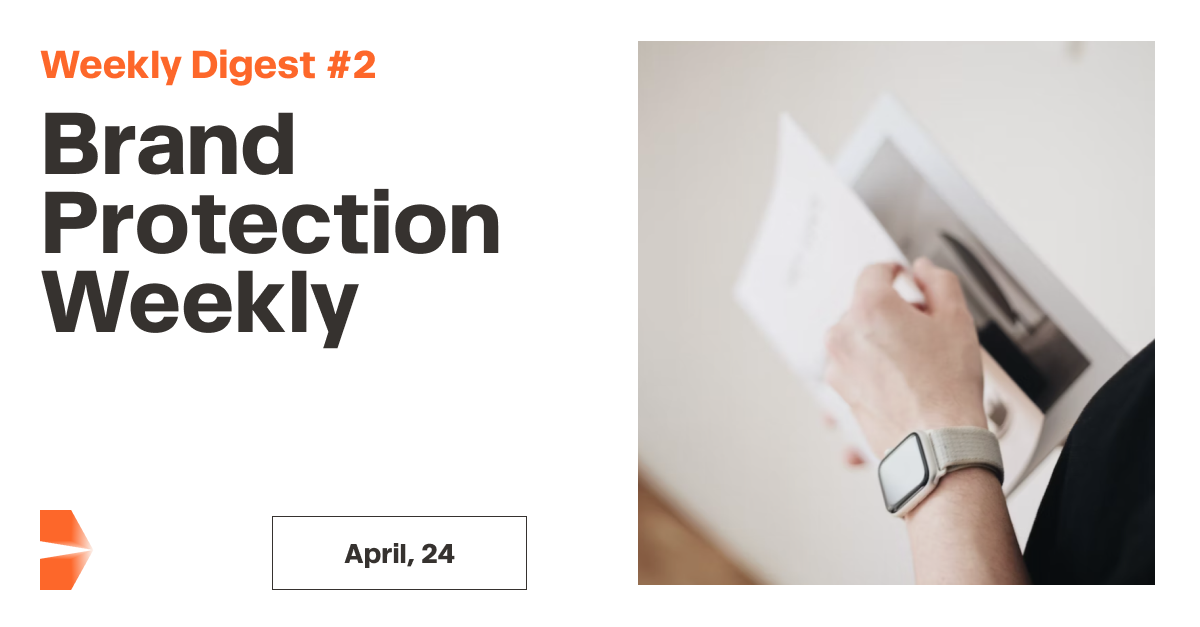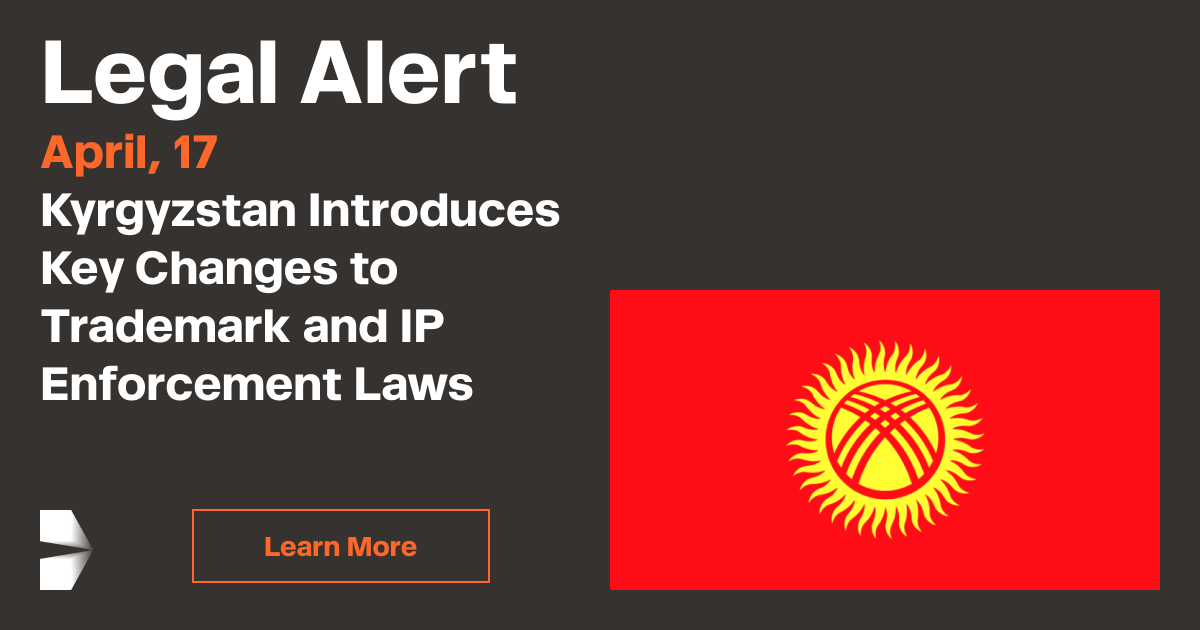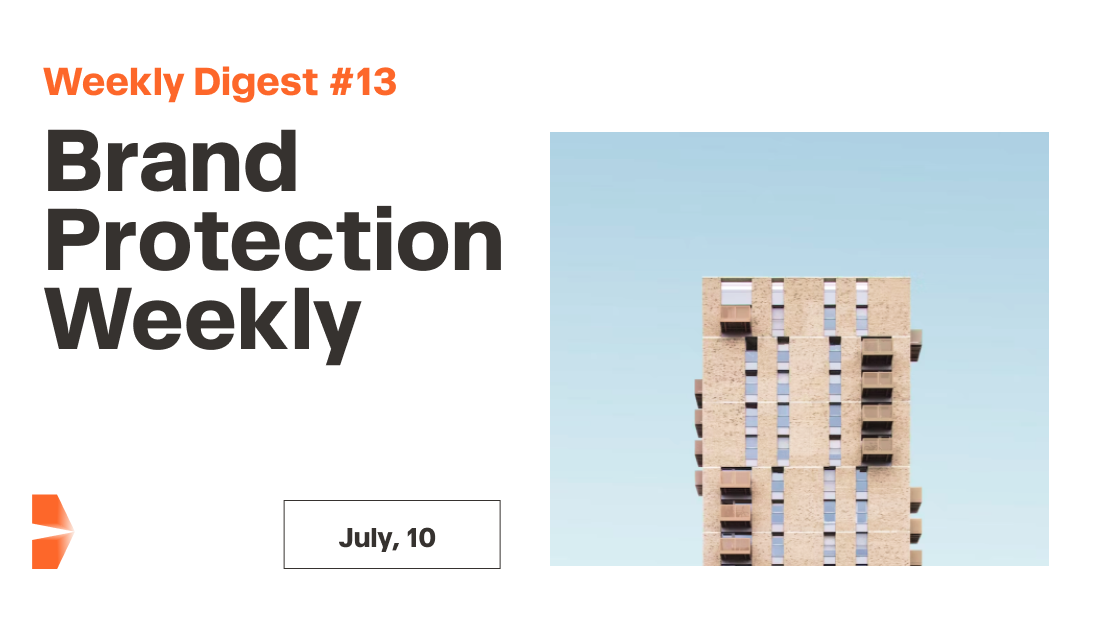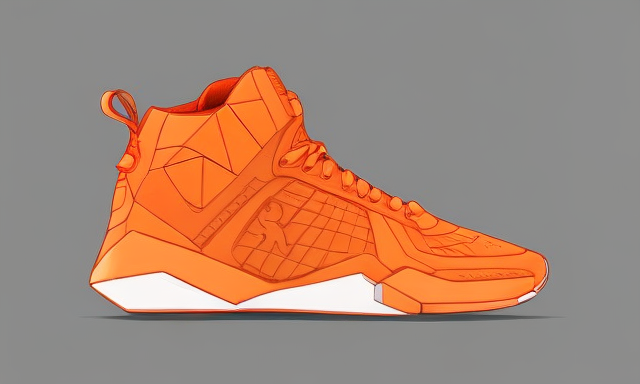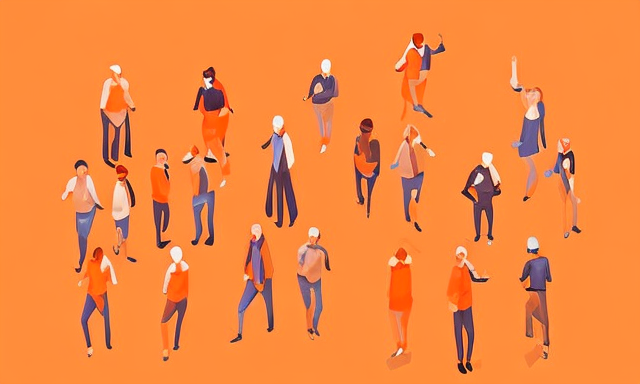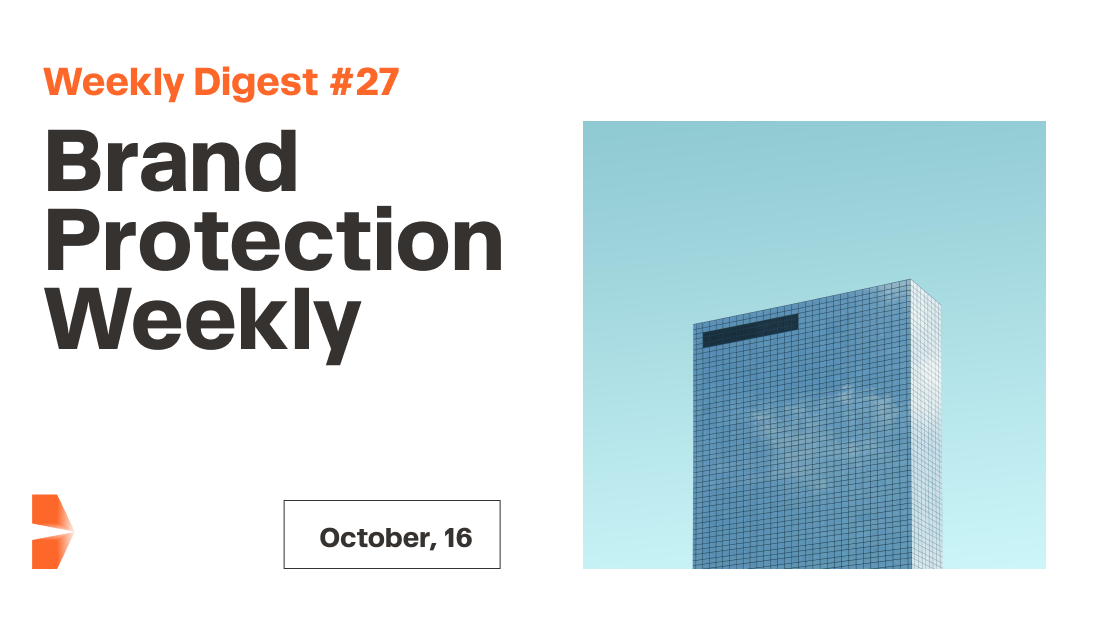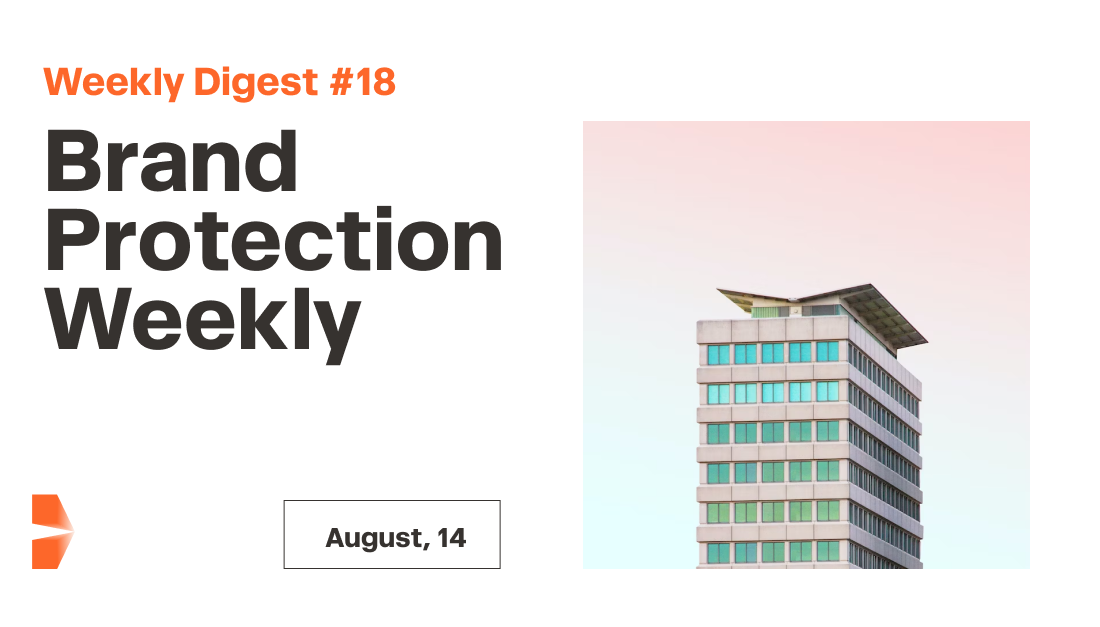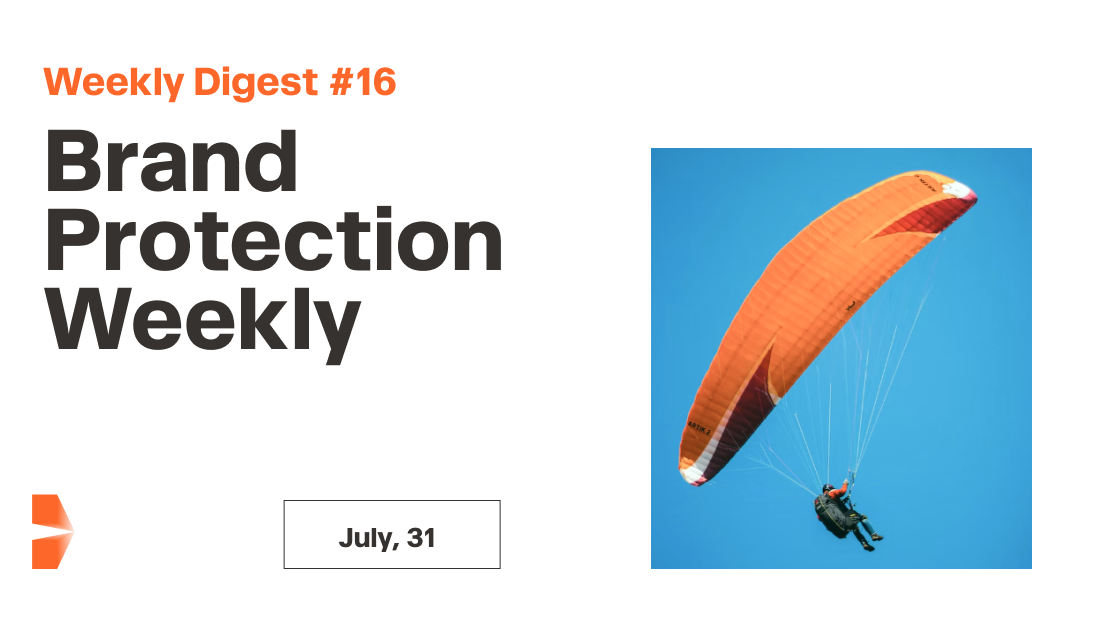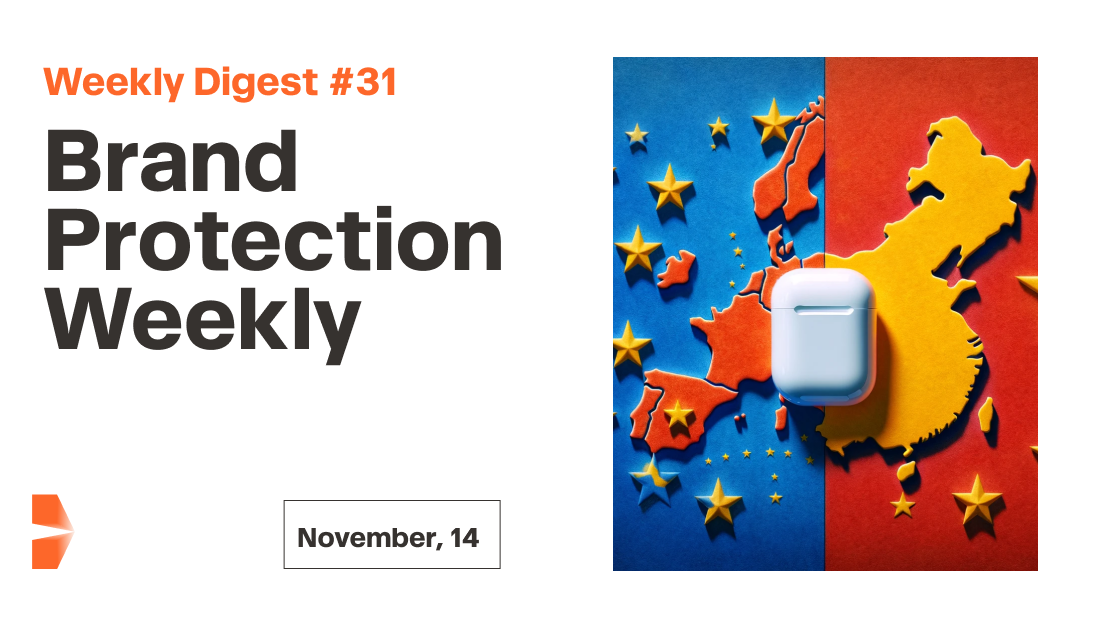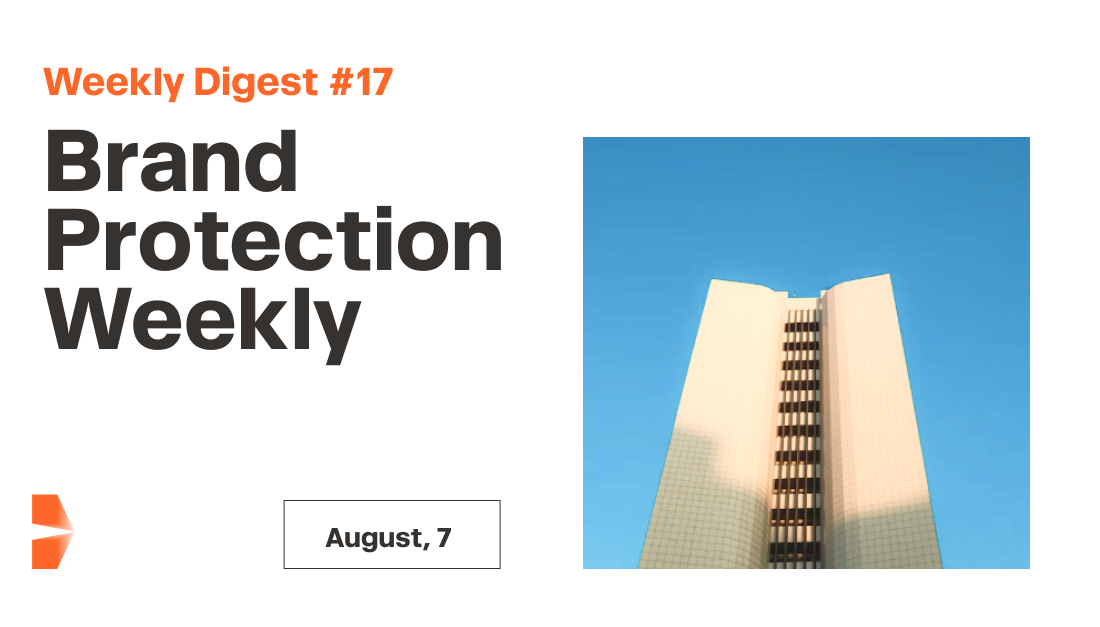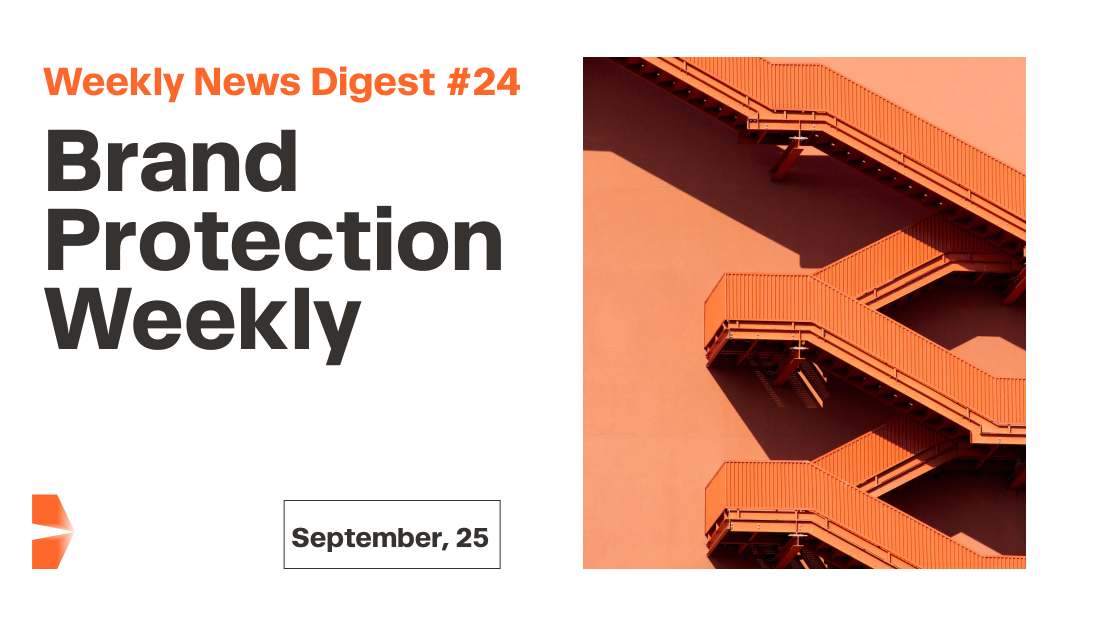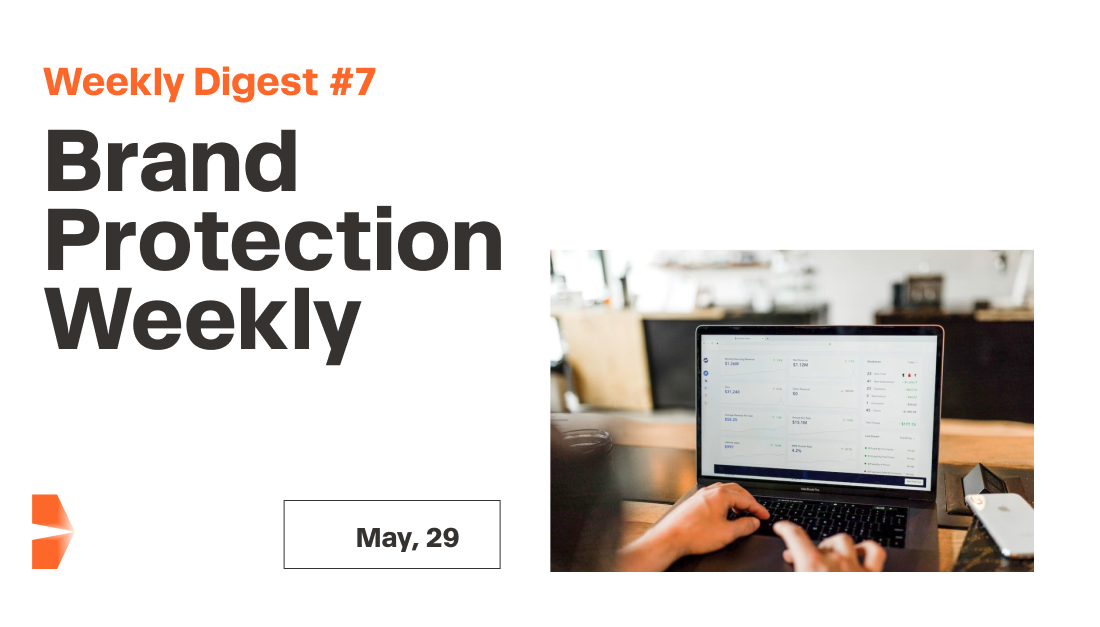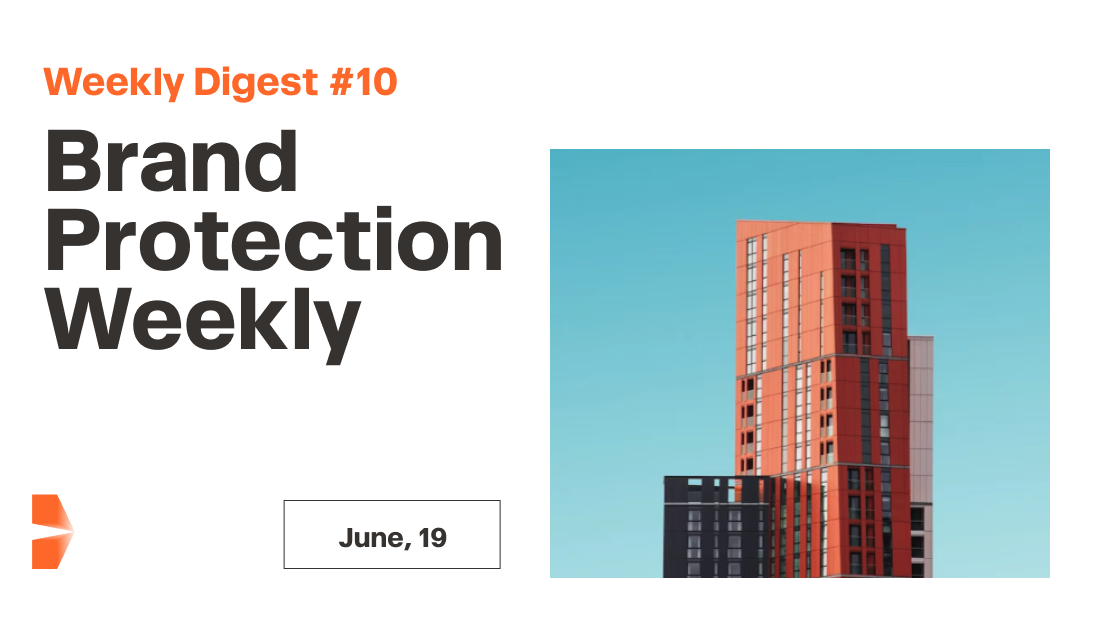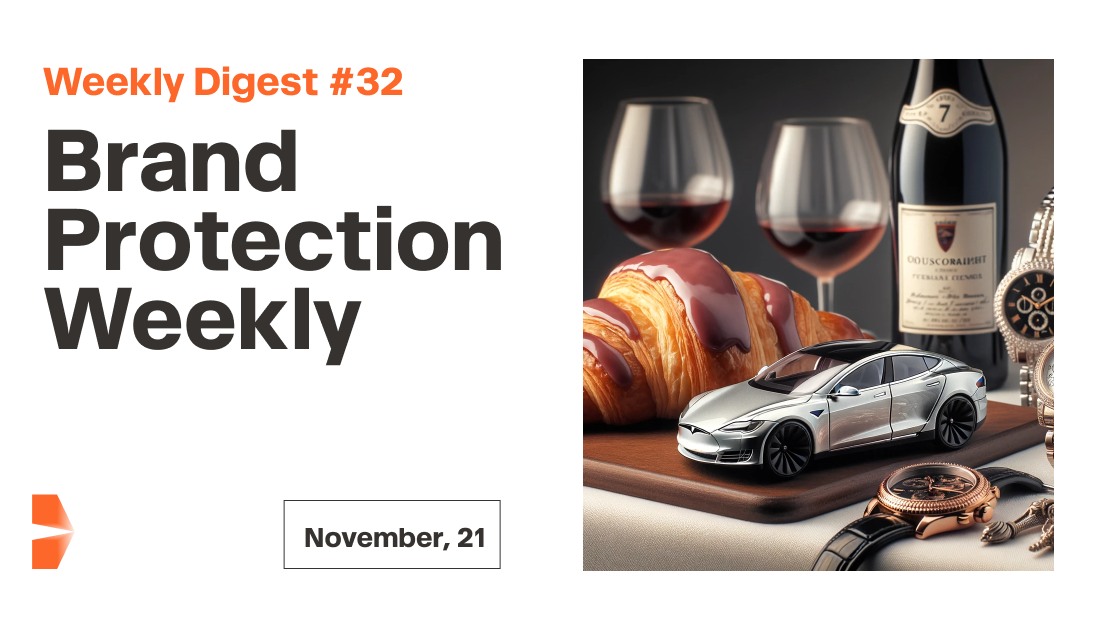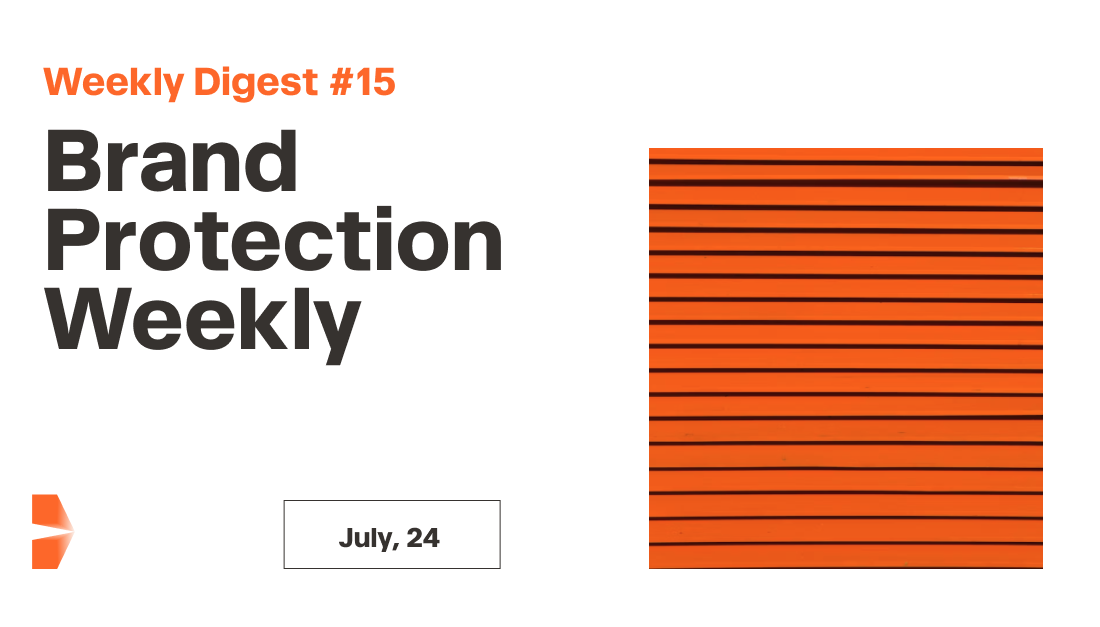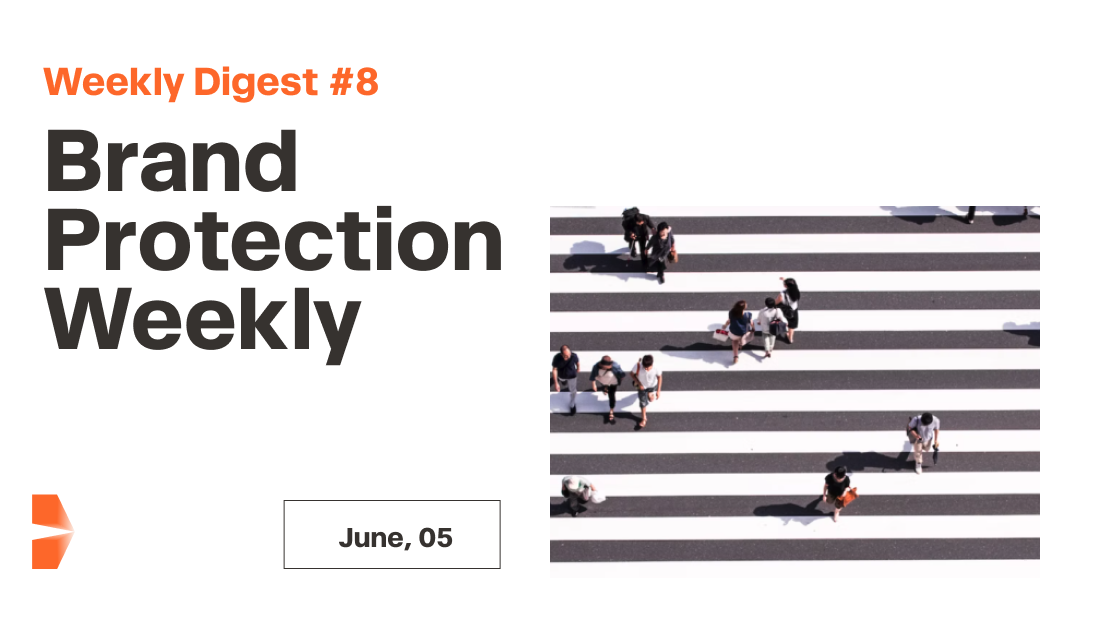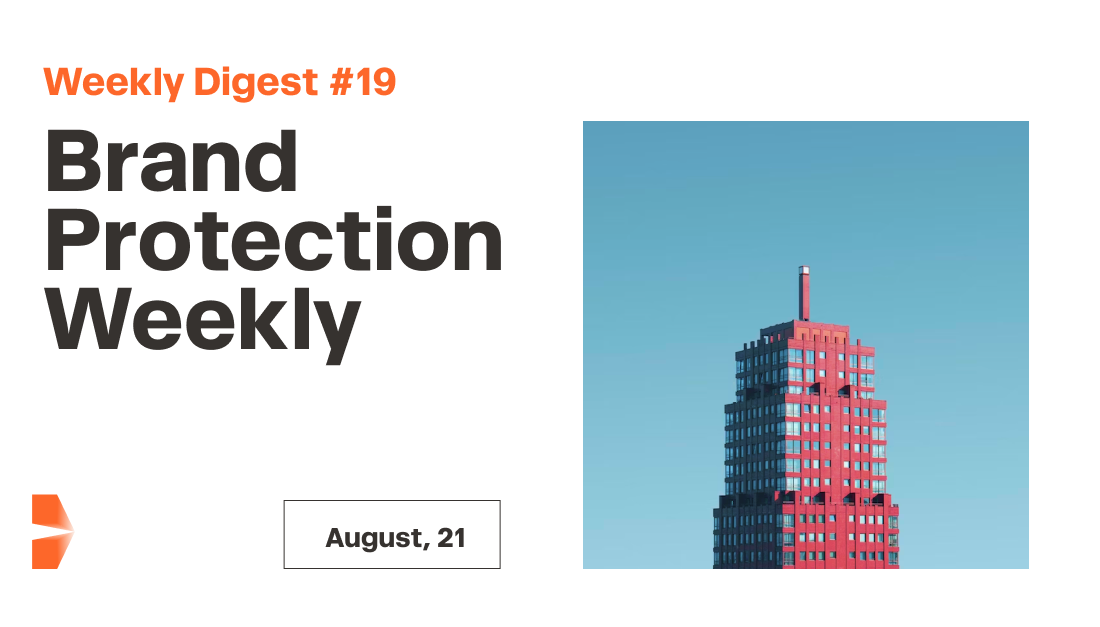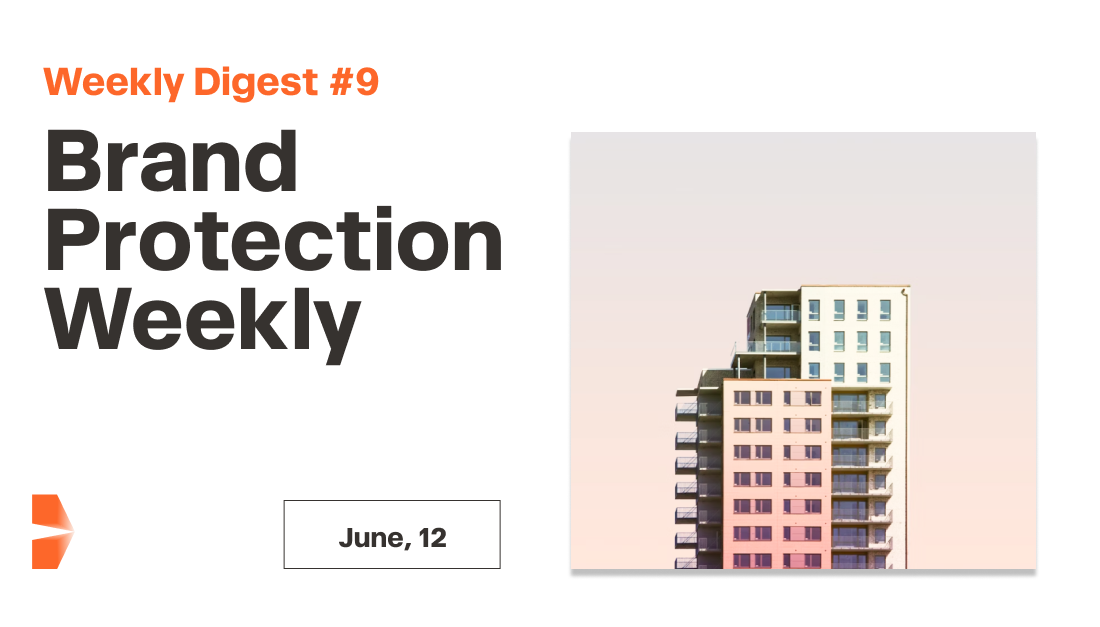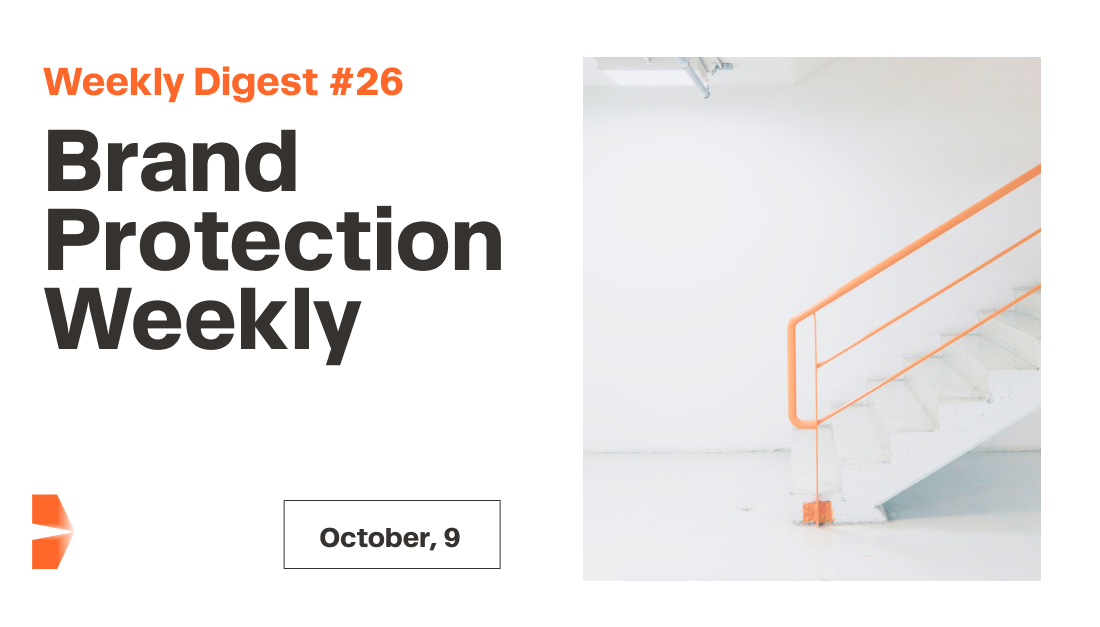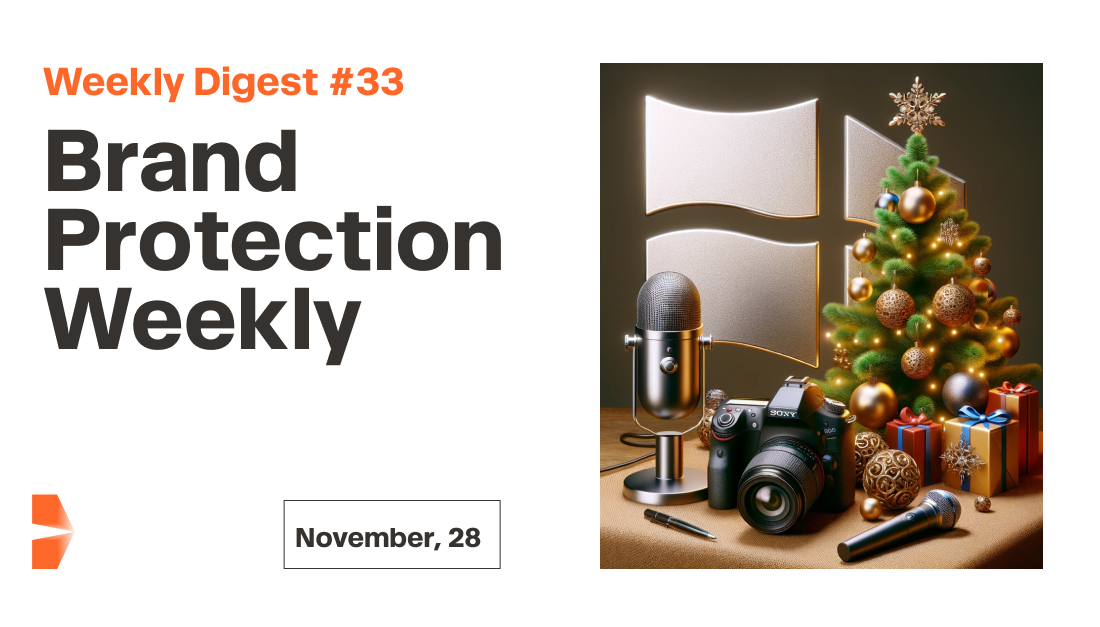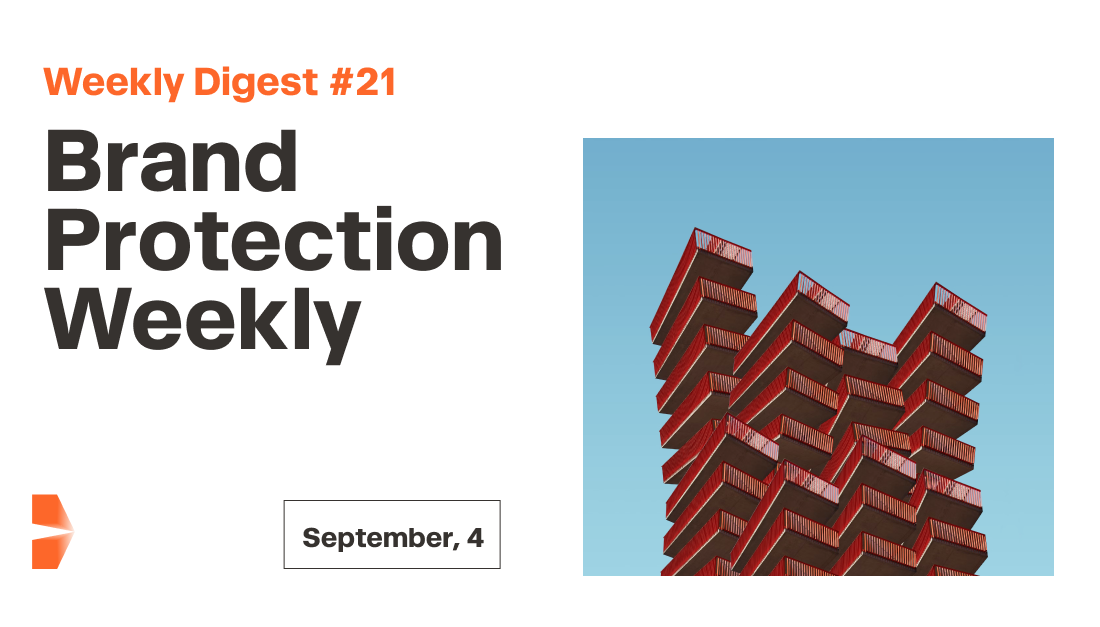Knocking Out Counterfeit Kicks: A Major Win
The Philippines' customs agents recently made headlines by confiscating a massive haul of counterfeit Nike shoes valued at $28.1 million. The spectacular seizure received acknowledgement from the Nike Asia Pacific Brand Protection Team, hailing the operation as an exceptional effort.
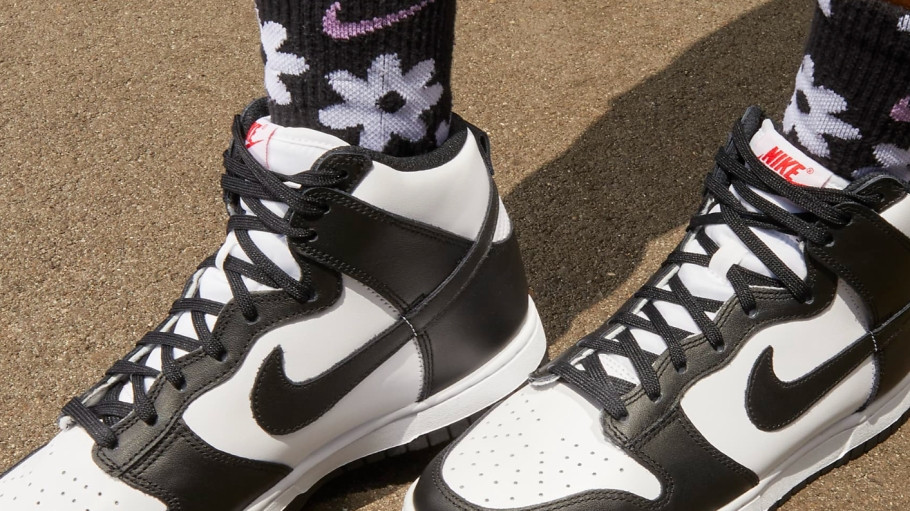
Stamp on Counterfeit Sneakers
In this operation, authorities were able to intercept and impound approximately 2.2 million pairs of bogus Nike sneakers. Customs Commissioner Bienvenido Rubio reiterated commitment to intensifying actions against unlawful counterfeiting activities and bolstering enforcement of intellectual property rights.
Counterfeit Sneakers under Spotlight
A recent report by StockX revealed that Nike styles had made their unfortunate appearance as three of the top five most imitated sneakers last year. Despite facing allegations from Nike for fostering counterfeits on its platform, StockX drew attention to its latest strides in authentication.
StockX: The Fight Continues
StockX's battle isn't confined to its authentication efforts. The company is engaged in an ongoing legal squabble with Nike, contending accusations of trading counterfeit Air Jordan 1s.
This news underscores the significance of the continuous fight against counterfeit products and the importance of steadfast brand protection.
Source: Sourcing Journal
Operation Vulcan: Striking Counterfeit Suppliers
In an aggressive move against counterfeit trade, the police launched Operation Vulcan, resulting in the discovery of over 150 shipping containers filled with counterfeit goods, cleverly hidden in the outskirts of Cheetham Hill.
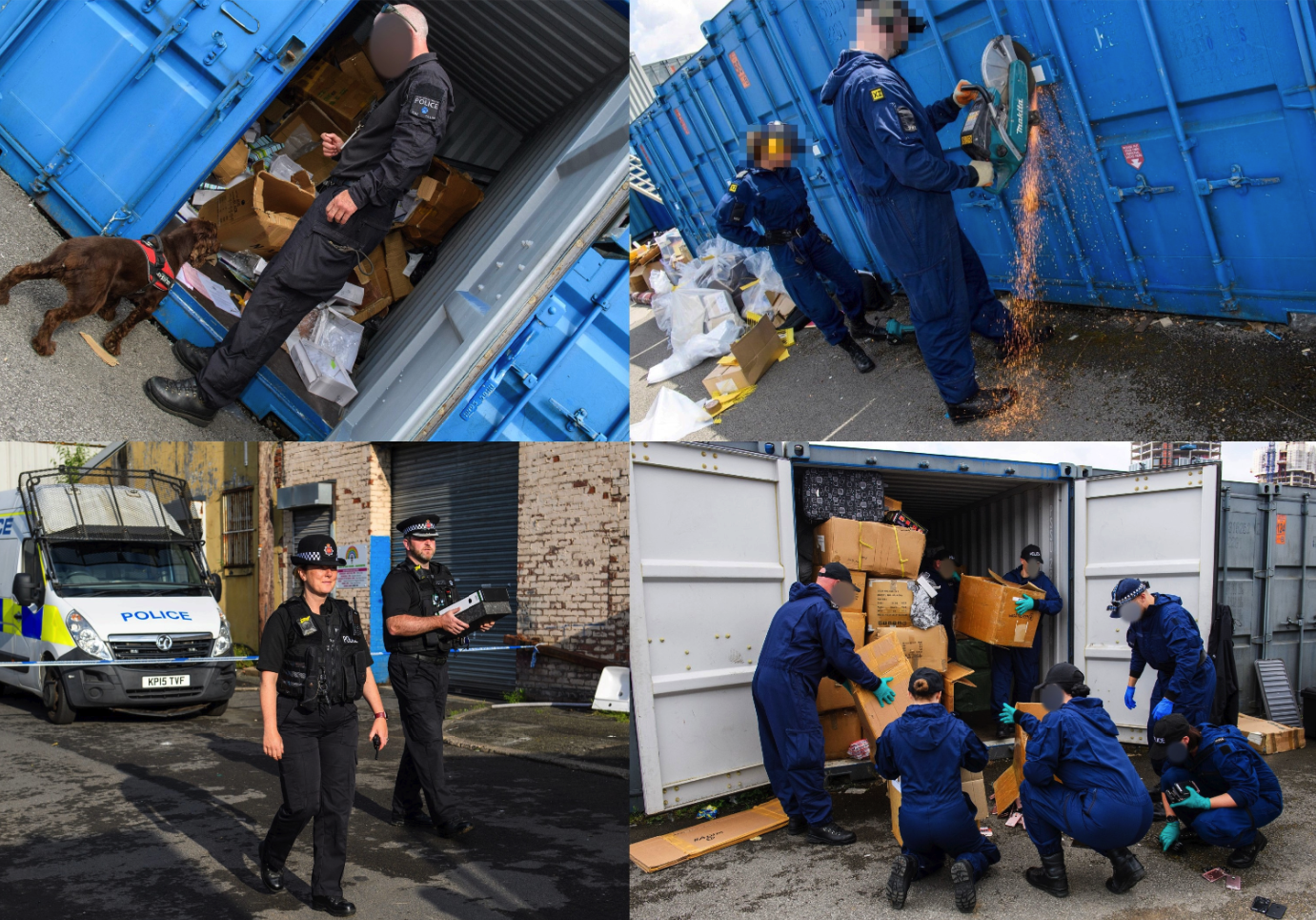
Beyond 'Counterfeit Street'
Following the disappearance of counterfeit shops on Bury New Road, the operation has targeted clandestine operations, cutting off the funds to criminal organizations by attacking the supply chain of bogus items.
All Hands on Deck
With the assistance of specialist officers and search dogs, Operation Vulcan connected these recently raided shipping containers directly to the counterfeit crimes on Bury New Road.
Initial Success and Sustainable Approach
In its initial stages, the operation has already intercepted over 70 tonnes of counterfeit items. In collaboration with Lighthouse Security, these items are now being repurposed or recycled into sustainable products, ensuring nothing goes to waste.
Quotes from the Frontline
Detective Inspector Christian Julien said, "There’s an undeniable link between the counterfeit trade and organized crime." Tim Jenson, Owner of Lighthouse Security, expressed satisfaction at being able to revolutionize the handling of seized counterfeit items, stressing that "nothing goes to waste."
This multi-agency operation underscores the commitment to dismantle the counterfeit trade and its ties to organized crime, both to protect communities and the economy.
Source: GMP Police
Recommended Reading:
Review: The Counterfeit Crackdown
E-commerce's Legal Maze:
The recent surge in lawsuits against Chinese Amazon sellers for trademark infringement raises eyebrows. US law firms, primarily based in Chicago, have been filing mass intellectual property cases, accusing hundreds of sellers of selling counterfeit goods. These lawsuits are not only protecting IP holders but have become a business for plaintiffs and their law firms.
Caught in the Crosshairs:
Chinese sellers, who now constitute the majority of Amazon's third-party vendors, are learning about the American legal system the hard way. They are often targeted in these lawsuits due to a combination of their inexperience with the US justice system and language barriers.
IP Rights & The Blurring Lines:
The use of common descriptive terms, like "airbag", can now land sellers in hot water. As an example, when PopSockets trademarked the term "airbag", Sun Qunming, a Chinese seller, got sued and had her Amazon accounts frozen for using the term in her product description, causing significant business damage.
A Systemic Problem:
Labelled as the "Schedule A Defendants Scheme", this approach allows law firms to sue numerous sellers simultaneously, often without their knowledge until their accounts are frozen. While not all defendants are from China, Chinese sellers seem to be the most targeted. This trend has raised concerns about potential misuse of the court system
At BrandMonitor, we highly recommend reading the full article on MIT Technology Review for a comprehensive understanding of the recent surge in counterfeit lawsuits against Chinese Amazon sellers.
Overview: why so much of the world runs on counterfeit software?
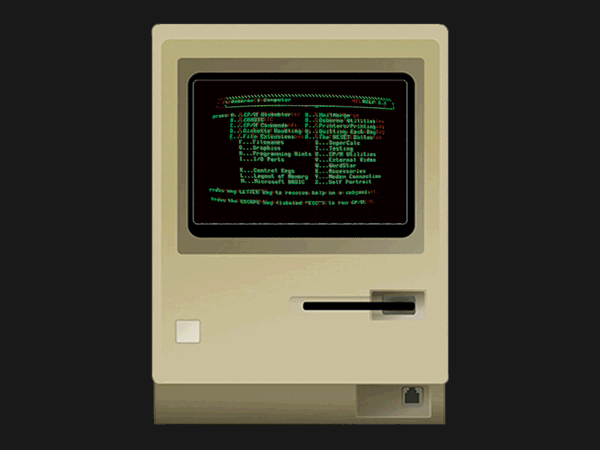
LAGOS — For Adegunji Kazeem, a Nigerian student, a malware infection rendered his pirated Windows 7 software useless, leading to the loss of his undergraduate thesis. His laptop was an easy target due to the pirated operating software, a stark reminder of the grim reality in developing countries where counterfeit software is the norm.
The Software Divide
In the developed world, software like Windows, Adobe, and Microsoft Office are easily accessible and affordable. However, the situation differs dramatically in developing nations where residents often resort to counterfeit software due to financial constraints and lack of options. Vendors in countries like Nigeria, certain Asian nations, and South America source pirated software from the dark web, burn it onto DVD discs, and sell them alongside legitimate products.
Unlicensed software forms a majority of the software installed in these regions. The repercussions are severe, as it leaves many vulnerable to malware infections, like Kazeem, who not only lost his thesis but also vital family photos and professional data.
The Scale of the Issue
As per a 2018 Business Software Alliance (BSA) report, 80% of all software packages in Nigeria are unlicensed. Globally, the figure stands at 37%, creating a $46 billion counterfeit software market. While the United States has only 15% unlicensed software, most countries face a counterfeit software crisis. African countries, except South Africa, have a high prevalence of unlicensed software.
According to the BSA, counterfeit software carries security risks and societal costs like lost taxable revenue. The organization estimates the annual global cost of malware infections from counterfeit and unlicensed software at $359 billion, and it costs up to $10k to fix a single computer. In developing countries, paying such costs is a challenge due to limited GDP and high poverty rates.
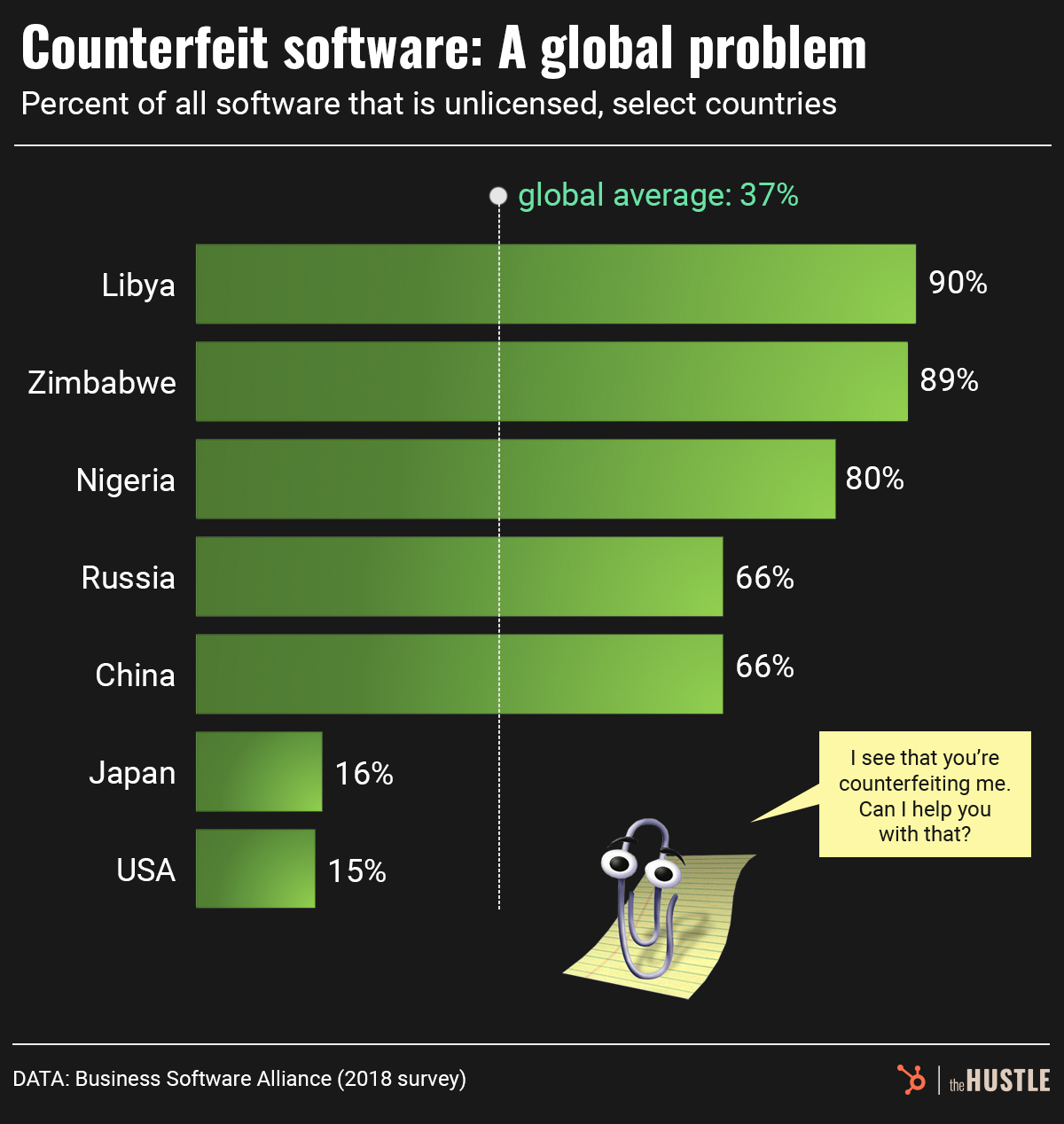
The Nigerian Experience
In Nigeria, the electronics hub, Computer Village, is a hotspot for counterfeit software. Here, vendors sell pirated software, often without realizing it's counterfeit. The vendors burn the software onto discs from flash drives, selling them at prices affordable for most Nigerians.
This counterfeiting issue can be tackled by multinational companies changing their sales models, according to researchers at the University of Bechar, Algeria. They argue that the high prices of proprietary software act as barriers for people in developing countries, thereby widening the digital divide.
For now, individuals and businesses in Nigeria continue to grapple with the counterfeit software predicament. However, the BSA is working on education and engaging with countries to develop more practical regulations and laws, leading to a small decline in the use of counterfeit software.
Source: The Hustle
And there you have it – we've reached the end of this week's round-up of noteworthy legal battles in the world of trademarks and copyright.
As always, we at BrandMonitor are grateful for your continued support and interest in staying informed. We believe that knowledge is power, and staying updated is essential for making better decisions in your personal and professional lives. Have a fantastic week, and we'll see you in our next Weekly Digest! Stay vigilant, stay informed.
Yours sincerely, the BrandMonitor Team

